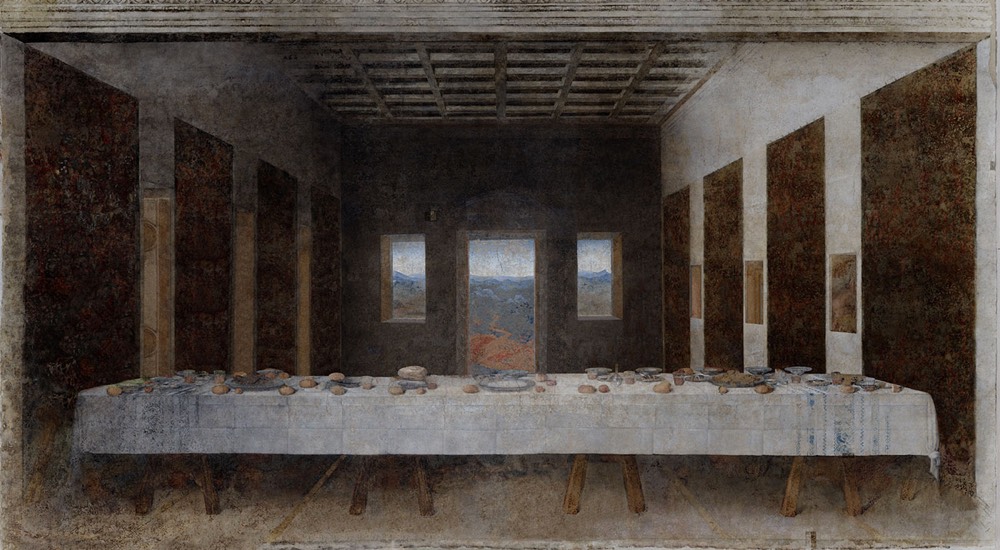
Moody’s has revised its growth forecasts downward for 2020 amid the coronavirus pandemic, as it also said that it expects Turkey’s economy to be hit the hardest.
As speculation, rumours and confusion intensifies around Covid-19, journalists are under increased pressure to ensure they provide robust, trustworthy information to the public.
But with an unprecedented volume of information circulating across social networks and within private messaging groups, teams of journalists are at risk of becoming overwhelmed. Distressing events, the direct threat of the virus and new isolated work practices all add to increased psychological pressure on those tasked with reporting the pandemic.
Coronavirus: How Covid-19 is denying dignity to the dead in Italy
Efforts to fight the virus shouldn’t come at the expense of civil liberties and democratic rights.
This article is part of a series in which leading commentators and policymakers give their views on alleviating the devastating global slowdown The writer is a former president of the European Central Bank The coronavirus pandemic is a human
Turkey’s interior minister said today the government has arrested 410 people for making “provocative” posts on social media about the coronavirus outbreak, which continues to worsen in the country and around the world.
From Reuters:
Interior Minister Suleyman Soylu praised Turks for complying with social distancing measures imposed so far to curtail the spread of the disease, and said this meant tighter controls such as a curfew may be unnecessary.
Iconic Art & Design Reimagined for the Social Distancing Era
While it predates the COVID-19 pandemic and its accompanying social distancing by several years, José Manuel Ballester’s Concealed Spaces project reimagines iconic works of art without the people in them (like what’s happening to our public spaces right now). No one showed up for Leonardo’s Last Supper:

Governments mobilized digital surveillance to contain the spread of the virus
Electronic tracking bracelet on a passenger at Hong Kong International Airport. File photo: Rachel Wong/HKFP.
The following post written by Shui-yin Sharon Yam, Assistant Professor of Writing, Rhetoric, and Digital Studies at the University of Kentucky, was originally published on Hong Kong Free Press on 24 March 2020 and republished here on Global Voices under a content partnership agreement.
Check out Global Voices’ special coverage of the global impact of COVID-19.
Wade Fagen-Ulmschneider made a set of interactive charts to track confirmed coronavirus cases. Switch between regions and scales. See the data normalized for population or not. See trends for active cases, confirmed cases, deaths, and recoveries.
MADRID — Before the outbreak in Spain began, the only people who went in and out of the small hospital where Alfonso Molina Moreno works as a nurse were visitors, staffers, and cleaning crews. Patients come to Hospital La Fuenfria for long-term, palliative care and Moreno, who has worked as a nurse for 16 years, found a sense of purpose in bringing them care and company at the end of their lives. Now, he and his colleagues worry that they’re doing harm. A few days before we spoke, patients at the facility started testing positive for COVID-19. “We don’t know where it came from,” Moreno said. “We don’t know whether we, the staff, brought it here. We don’t know whether it was due to the patients’ visitors. We don’t know the source.” The hospital has cut off all visits. Staffers now take exhaustive precautions when working with patients who have tested positive—putting on protective equipment they dispose of in contaminated rooms and washing their hands on both sides of the door. But there’s still a degree of uncertainty. When we spoke, Morena hadn’t been tested, and Spain’s health ministry says health workers currently make up 12-percent of positive cases. Now, as the country scrambles to contain the virus it’s ordered 640,000 test kits from China and Korea in an effort to screen health workers and the most vulnerable. The hope is that this will help identify people who need to self-isolate. Morena isn’t just thinking of the patients he’s now caring for. He’s worried about how long the virus was in the hospital. After a patient with cervical cancer died, a post-mortem X-ray showed her lungs had advanced, bilateral pneumonia. “It could have been coronavirus, right? She wasn’t tested,” he said. “And it’s like, oh my God, to what extent—let’s see, this needs a pinch of salt but—what if it was me? That’s it. So I can’t hide it, because you really don’t know. Even with all the security measures in place, you still don’t know.” Like everyone working despite an outbreak, Morena worries about infecting his loved ones. “I told this to my colleagues, and we have this kind of sharing moment. We’re all going through this bad phase, this suffering.” But he isn’t thinking about quitting. “I really find myself fortunate to be able to work because I have the chance to go and feel useful,” he says. He’s even volunteered to take on more shifts. “The healthcare providers, at this moment, we have to be there no matter what. Because if it is not us, who will it be then? There is no one else.”
Discover more from Erkan's Field Diary
Subscribe to get the latest posts sent to your email.


